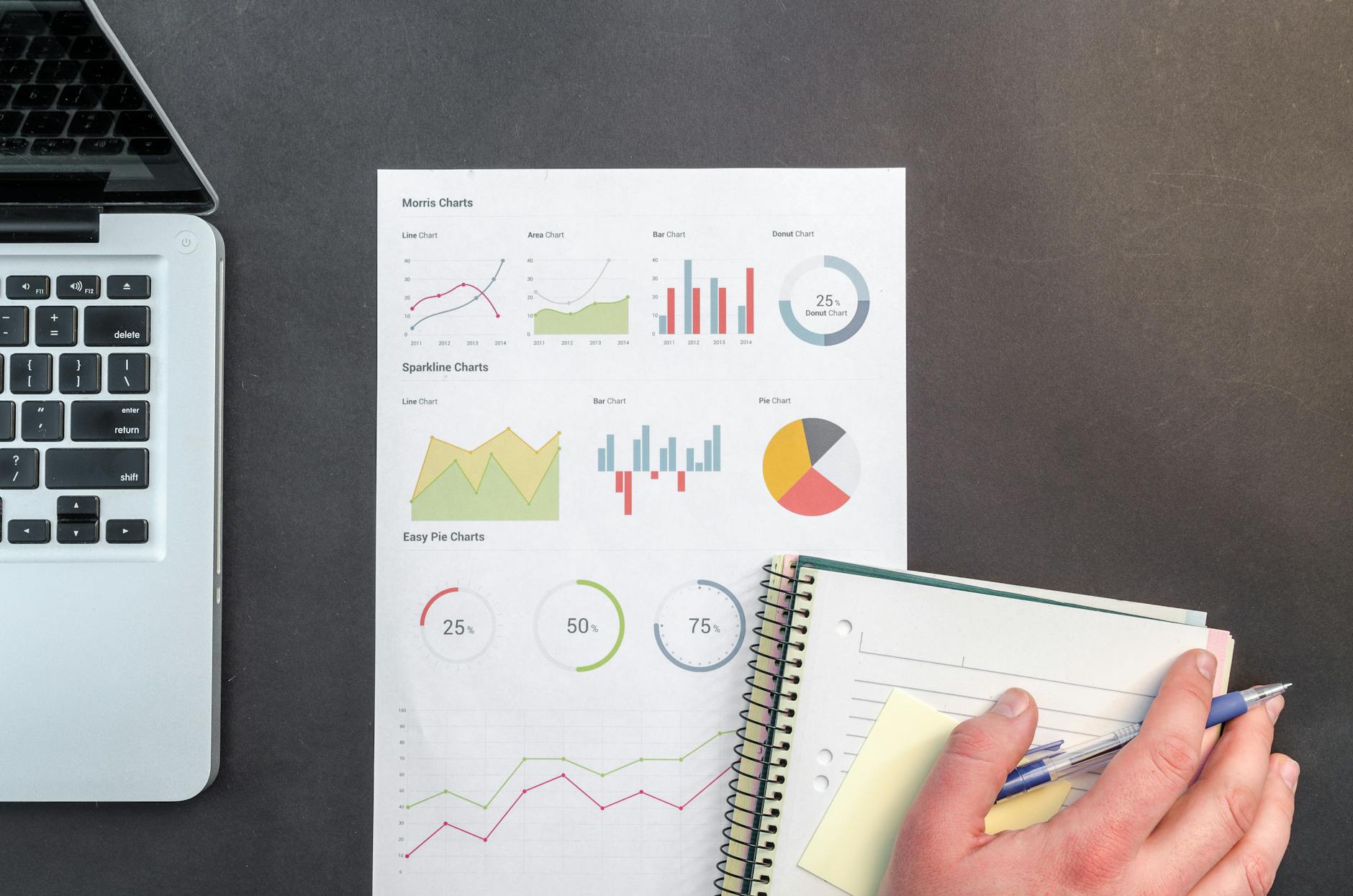In today’s digital age, where identity theft and fraud are prevalent, credit report monitoring has become an essential tool for individuals to protect themselves from financial harm. Monitoring your credit report regularly can help you detect any suspicious activity or errors early on, allowing you to take quick action to safeguard your personal and financial information. This article delves into the importance of credit report monitoring, the benefits it provides, and how it can help you stay ahead of potential fraudsters.
Why Credit Report Monitoring is Crucial
Credit report monitoring is a proactive approach to safeguarding your financial well-being. By regularly checking your credit report, you can identify any unauthorized or fraudulent activities, such as new accounts opened in your name, unfamiliar inquiries, or sudden changes in your credit score. Detecting these issues early on can prevent long-drawn-out disputes and financial losses, as well as minimize the potential damage to your credit history.
How Credit Report Monitoring Works
Credit report monitoring involves regularly reviewing your credit report from the three major credit bureaus: Equifax, Experian, and TransUnion. You can access your credit report for free once a year from each bureau through AnnualCreditReport.com, or subscribe to a credit monitoring service for more frequent updates. These services often send alerts or notifications whenever there are significant changes to your credit report, allowing you to spot potential fraud quickly.
Benefits of Credit Report Monitoring
1. Early Detection of Fraud: One of the primary benefits of credit report monitoring is the ability to detect fraudulent activity at an early stage. By identifying unauthorized transactions or accounts promptly, you can take steps to mitigate the impact on your finances and credit score.
2. Protection Against Identity Theft: Monitoring your credit report can help protect you from identity theft, where fraudsters use your personal information to open accounts or make purchases. Being alert to any suspicious activity can help you prevent further damage to your identity and finances.
3. Improving Credit Health: Regularly monitoring your credit report allows you to track your financial habits and address any errors or discrepancies that may be affecting your credit score. By staying informed about your credit profile, you can take proactive steps to improve your credit health over time.
Tips for Effective Credit Report Monitoring
1. Set up Alerts: Utilize credit monitoring services that offer real-time alerts for any changes to your credit report, such as new accounts or inquiries. These notifications can help you respond quickly to potential fraud.
2. Review Your Report Regularly: Make it a habit to review your credit report at least once a month to track changes and ensure all information is accurate. Look for any discrepancies or unfamiliar activities that may indicate fraudulent behavior.
3. Report Suspicious Activity: If you notice any unauthorized transactions or accounts on your credit report, report them to the credit bureaus and financial institutions immediately. Prompt action can help stop fraud in its tracks.
In conclusion, credit report monitoring is a vital tool in safeguarding your financial well-being and protecting yourself from fraud. By staying vigilant, reviewing your credit report regularly, and taking proactive measures to address any suspicious activity, you can mitigate the risks of identity theft and financial fraud. Make credit report monitoring a part of your financial routine to stay one step ahead of potential fraudsters and maintain a healthy credit profile.



